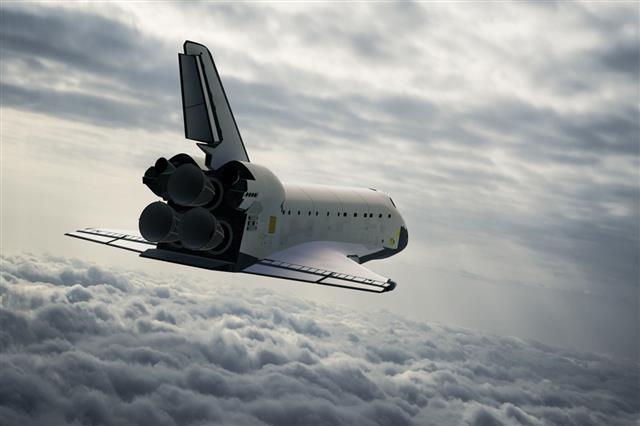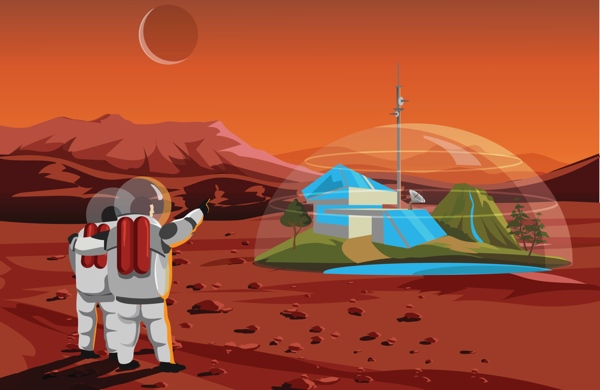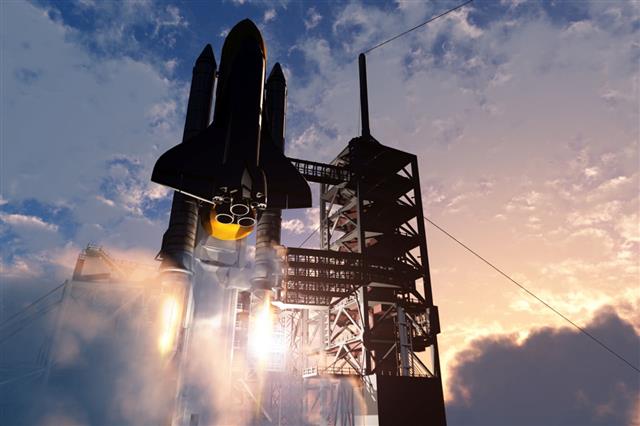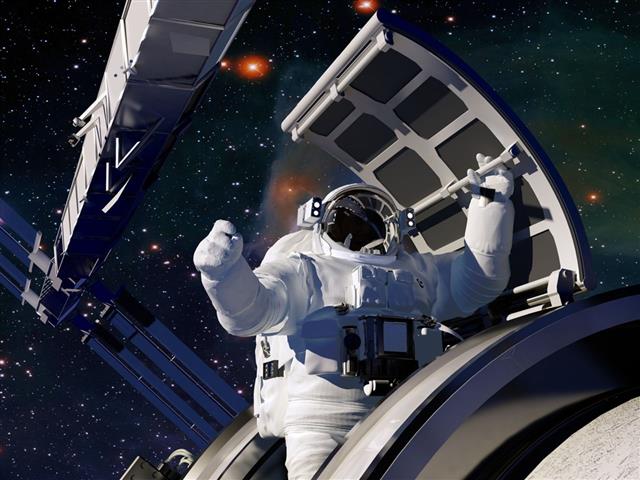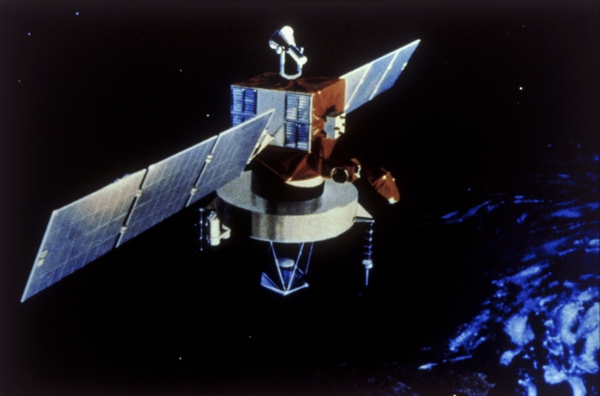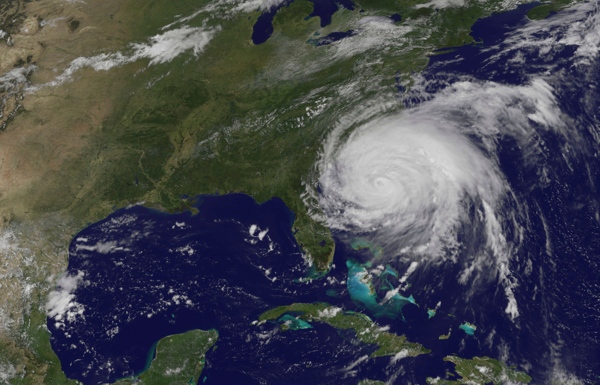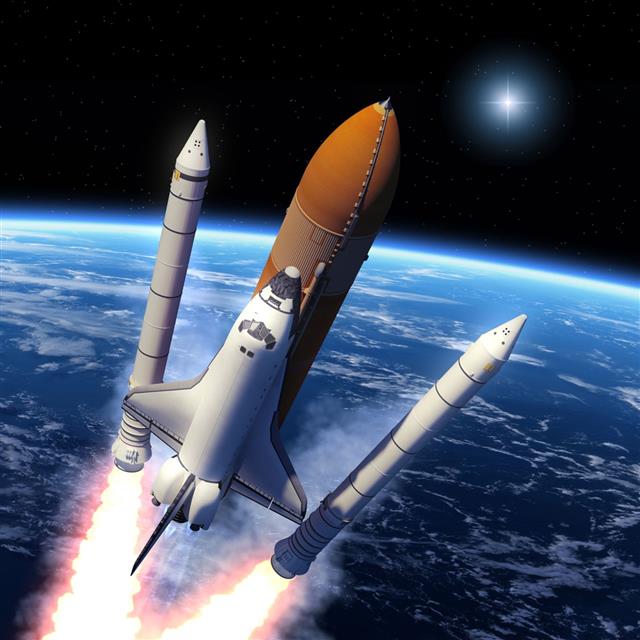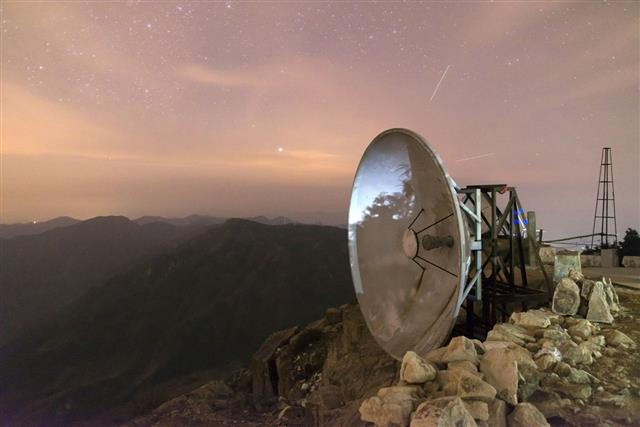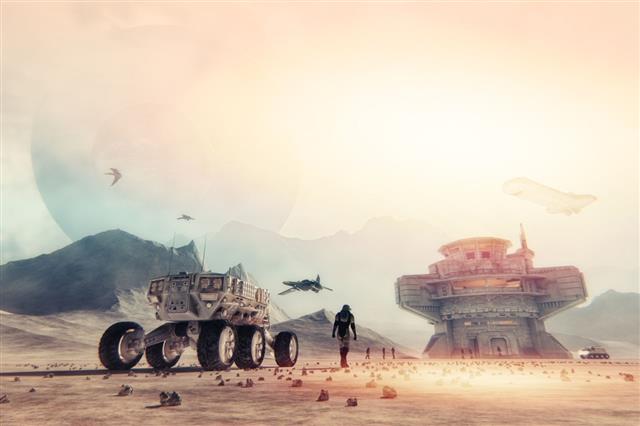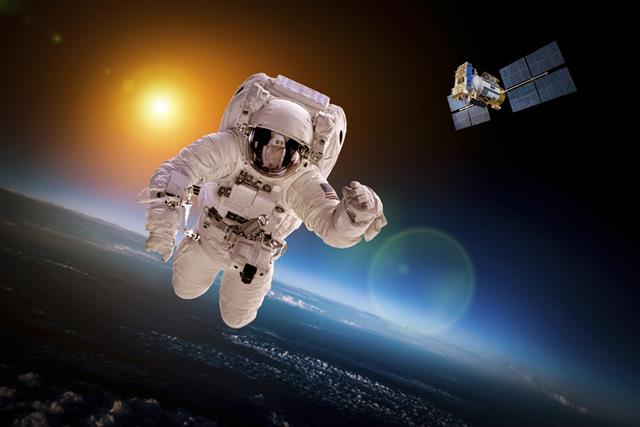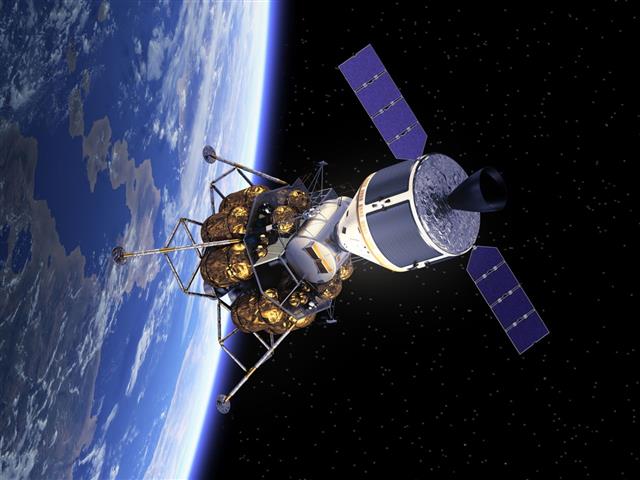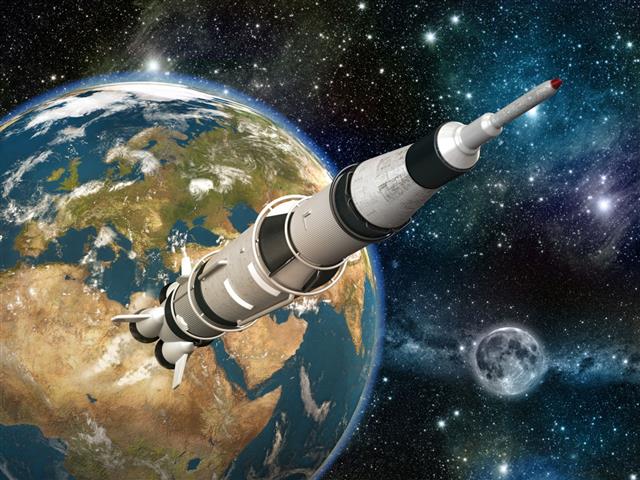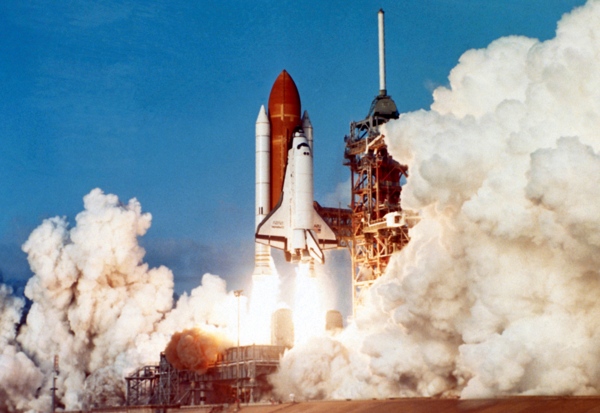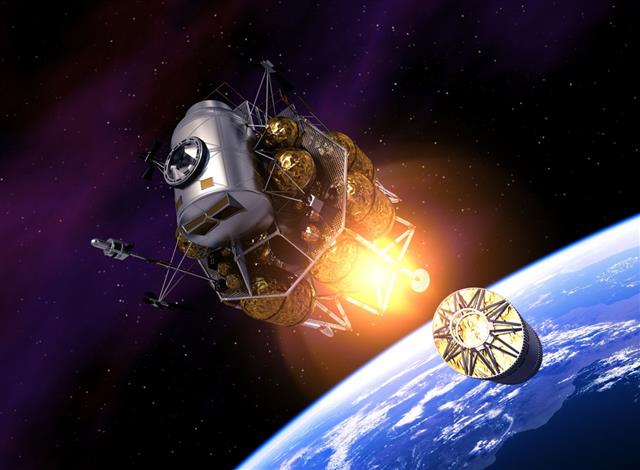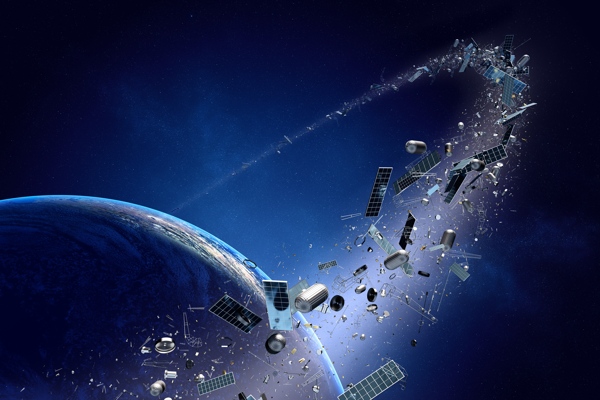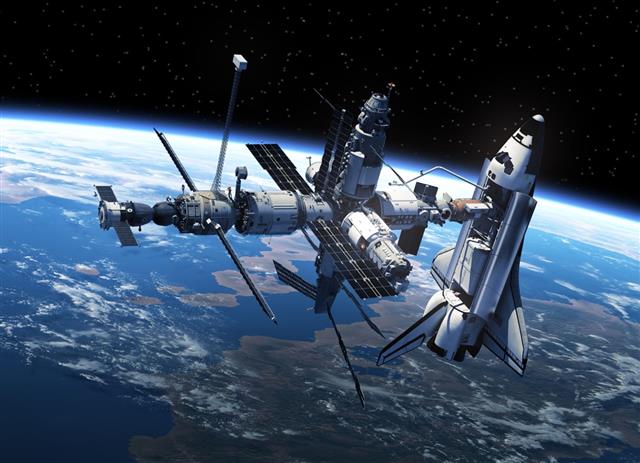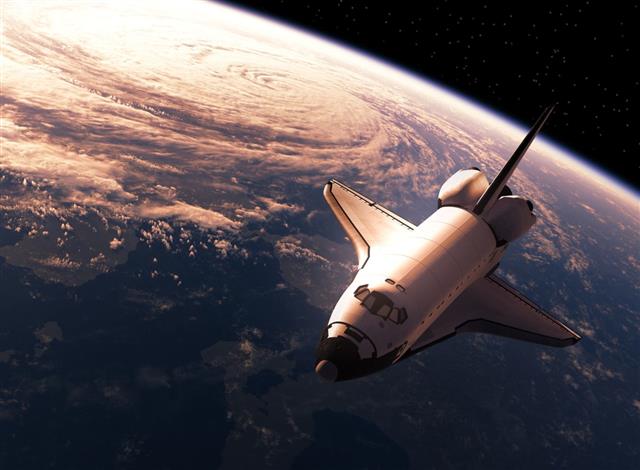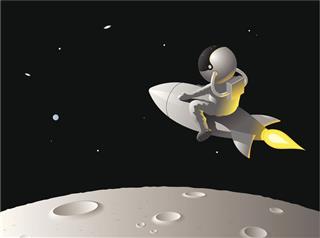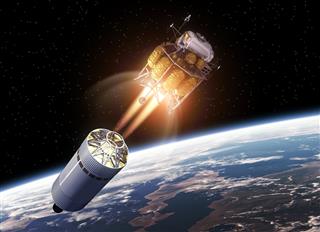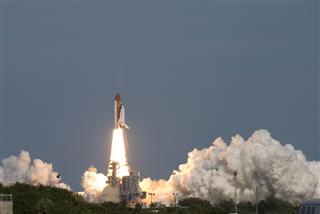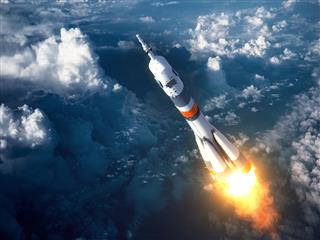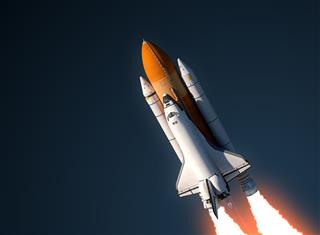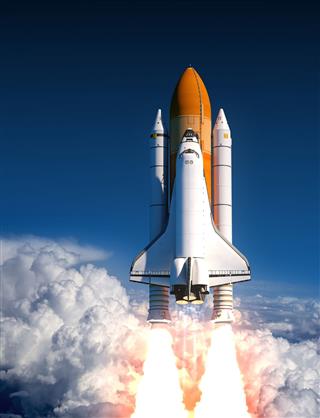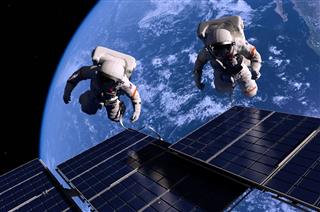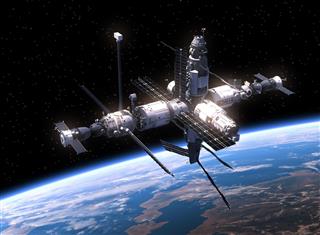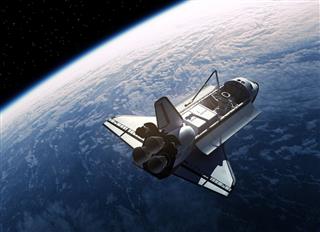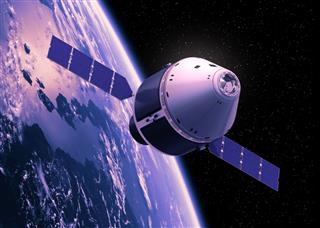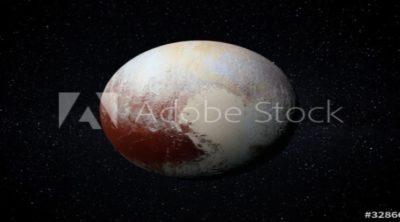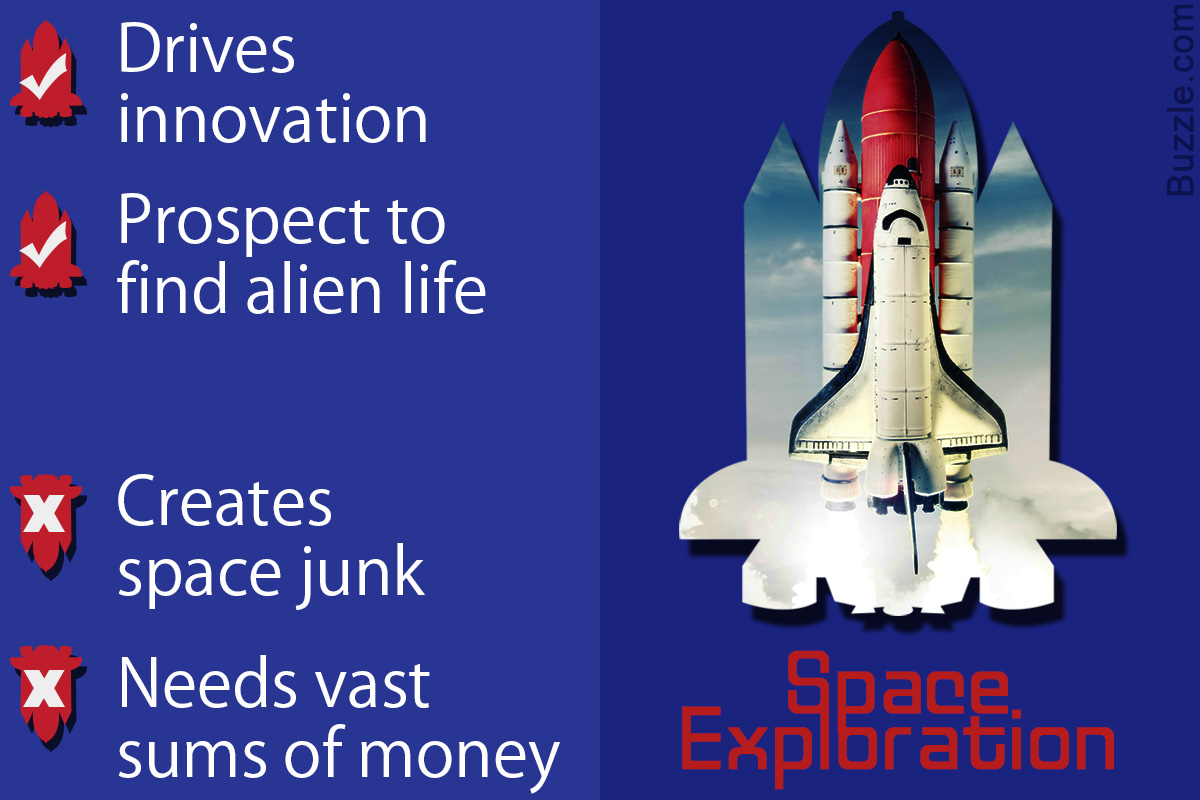
Space exploration invokes the interest of many. The possibility of finding life in extraterrestrial space leaves us mystified. While some believe that space travel and research in the field has advantages, there are others who criticize the field for having no real benefit for mankind. What are the pros and cons of space exploration?
“Of course risk is part of spaceflight. We accept some of that to achieve greater goals in exploration and find out more about ourselves and the universe.”
~ Lisa Nowak, American former naval flight officer and NASA astronaut.
We plan vacations to faraway lands. But how would it feel if we could plan a vacation to Mars? Won’t it be exciting? Although it sounds unbelievable, it may turn into a reality. Thanks to space exploration, we might be able to find a planet where life can exist, or we may even discover extraterrestrial life.
But these are only possibilities. Is the expenditure of money and resources on space travel really worthwhile? Here we discuss the pros and cons of exploring space.
Pros
Space exploration helps us gain knowledge of other objects in space. We may find life i.e., human-like species or aliens more developed than us, or habitable exoplanets, i.e. planets outside our solar system that sustain life. A few such planets have already been found, Kepler-186f for instance, spotted by NASA in 2014, circles the red dwarf star and is about 550 light-years away from the Earth. Kepler-62e and Kepler-62f are some other potential exoplanets that could harbor life.
Space research has the potential to bring changes to our living by introducing developments in science and opening doors to new information. In fact, space exploration has already benefited us in many ways. Satellites help locate minerals and fossil fuels.
We have been able to harness solar energy due to our knowledge of the sun. Scientists are trying to understand if the process by which heat and light energy is produced by the sun, can be replicated on Earth to generate energy for human use. Through space exploration, we may be able to find new energy sources. This field paves the path for the study of cosmic radiations and their effects and uses.
Satellites help us in forecasting weather and in predicting natural calamities. Satellite communication, TV, radio, and GPS are among some of the very important advantages of space exploration.
Our understanding of the Earth has increased due to space exploration. Scientists are able to study the Earth’s atmosphere from space and understand the changes in climate and their effects on the life on Earth. A pro of space travel is that it is possible to observe our planet from a distance.
Satellites help the scientists assess how well and for how long our planet will be able to sustain life. Changes in the environment, and issues like global warming and ozone depletion can be studied. Space exploration has helped answer questions like how the Earth was formed or where organic materials come from.
Scientists can know if an asteroid is going to pass close to the Earth’s orbit or whether there are chances of it striking and causing harm. Asteroids that may threaten life on Earth can be mapped, thanks to space research. Scientists are now able to devise ways to prevent the impact of asteroids by diverting near-Earth objects away from Earth.
An important benefit of space exploration is that this field creates jobs. Organizations like NASA have thousands of employees. Space programs create employment. Space exploration involves both astronomy and space technology. The fields create work opportunities not just for astronauts, but even scientists and engineers who work on unmanned spacecrafts, astronomers who study objects in space, and professionals who work in designing and testing space equipment.
Space exploration whets the human appetite for adventure. Those willing to risk life for that ‘out of the world’ experience, quite literally so, obtain the relevant education and work with a space research organization. They participate in space studies and some of them even have the opportunity to travel to space. Space exploration satisfies the human desire of adventure and accomplishment.
Space research needs the use of high-end technology, including specialized communication devices, small computers, robots, and other space equipment. Thus space exploration has the potential to drive innovation.
Space exploration programs can help achieve cooperation between countries. Different nations come together in the pursuit of a common goal. When space research agencies come together, resources and expenses are shared and the research costs do not burden just one country. Space studies bring together researchers from different parts of the world, which allows sharing of knowledge resulting in a co-operative effort.
Cons
One of the most important cons of space exploration is the money spent on research. Space travel is very costly. The undertaken research needs the implementation of advanced technology, further adding to the costs incurred. The time invested in research and the outcome, when compared, isn’t always satisfactory due to which the research doesn’t prove to be cost-effective.
The cost of education for space exploration is very high. The money spent on this can rather be spent on reforming the underdeveloped countries. The national wealth can be channelized towards the betterment of the society. A huge amount of money is required for traveling to space. Critics of space exploration argue that it is not right to spend money on something like space research when several people on the planet are unable to meet even their basic needs.
Manned missions to space pose a great risk on the astronauts. The stay in a spacecraft is not easy, the conditions are harsh, making the survival during space travel a challenge. Effects of radiation on the body and bone loss resulting from microgravity are some of the health risks during space travel. Of course, unmanned missions eliminate these dangers, but as robots have to be employed, additional technology costs are incurred.
We always associate space research with the discovery of life or precious materials that could be of our use. But exploring space may land us in trouble. We may find something that is lethal to the life on Earth. There is a possibility of finding dangerous organisms.
Space debris is all the non-functional and man-made objects which includes fragments from rocket collisions, explosions, coolant droplets, dust flakes, launch canisters, rocket-stages, old satellites, etc., that continue to orbit the earth.
Uniting the world may be cited as an advantage of space exploration. However, it may lead to disputes within nations. Satellites could be used by one country to spy over another. Among the cons of space travel is that it may be conducted with the wrong intentions. This may lead to strained relations between countries, resulting in unhealthy competition.
Space exploration is a major leap for mankind. However, it is also criticized for not having achieved any major scientific breakthroughs. Public interest can serve as the determinant in judging the suitability of space exploration. It may not be wise to spend so much on space exploration at the expense of human needs being ignored or left unfulfilled. But the hope to find extraterrestrial life thrives on space exploration.

